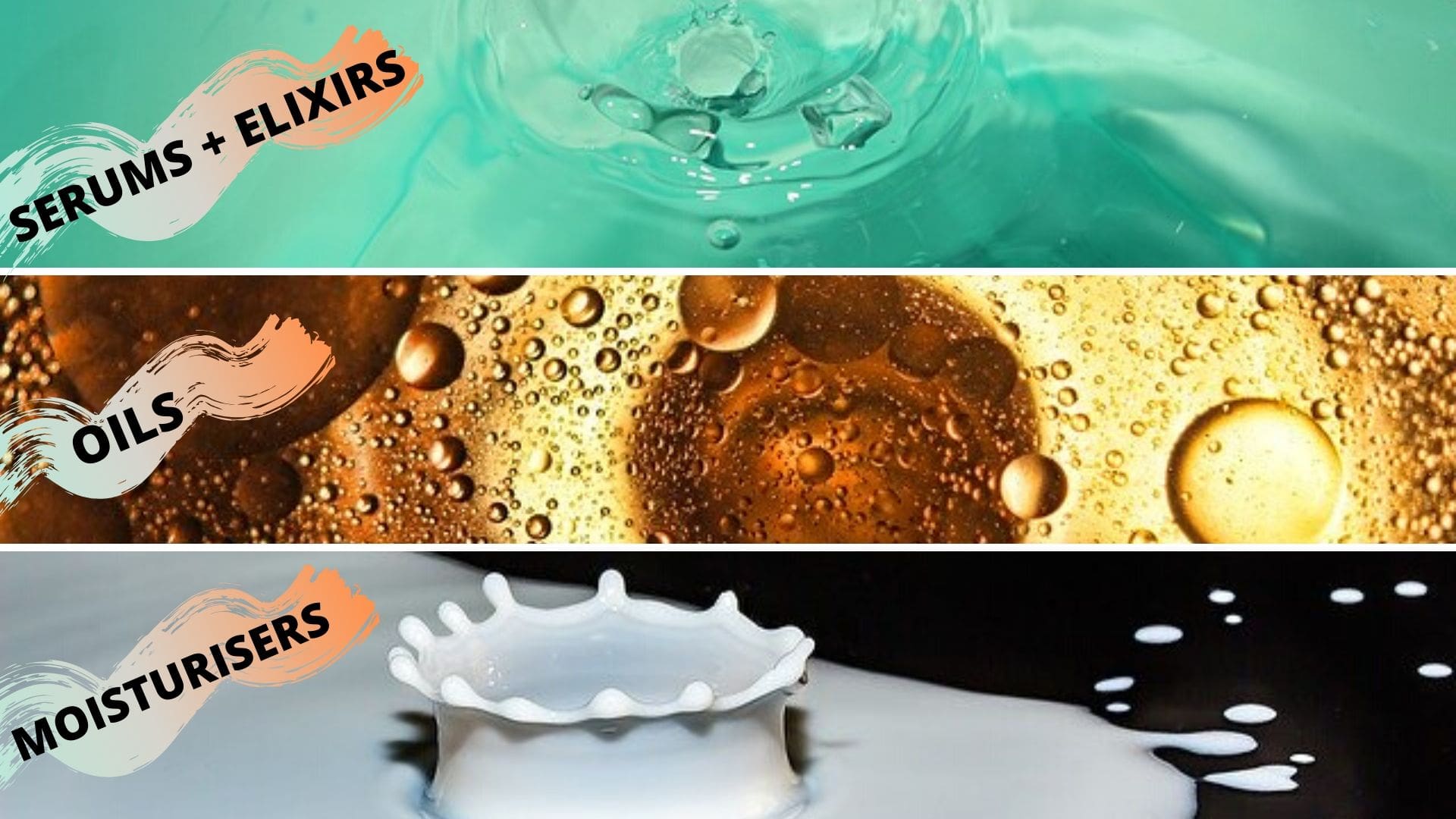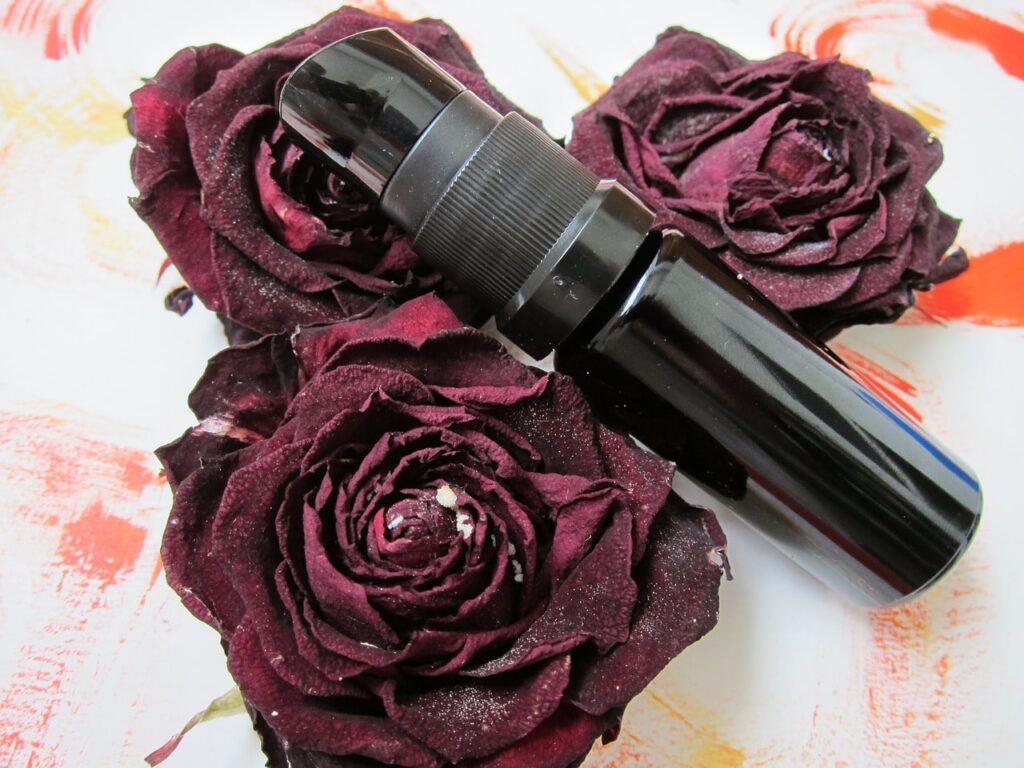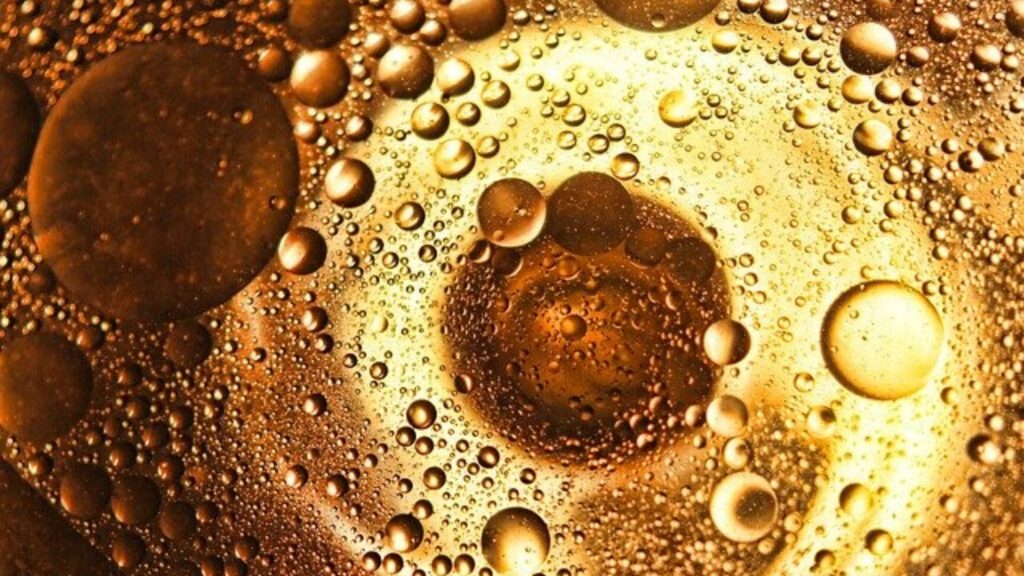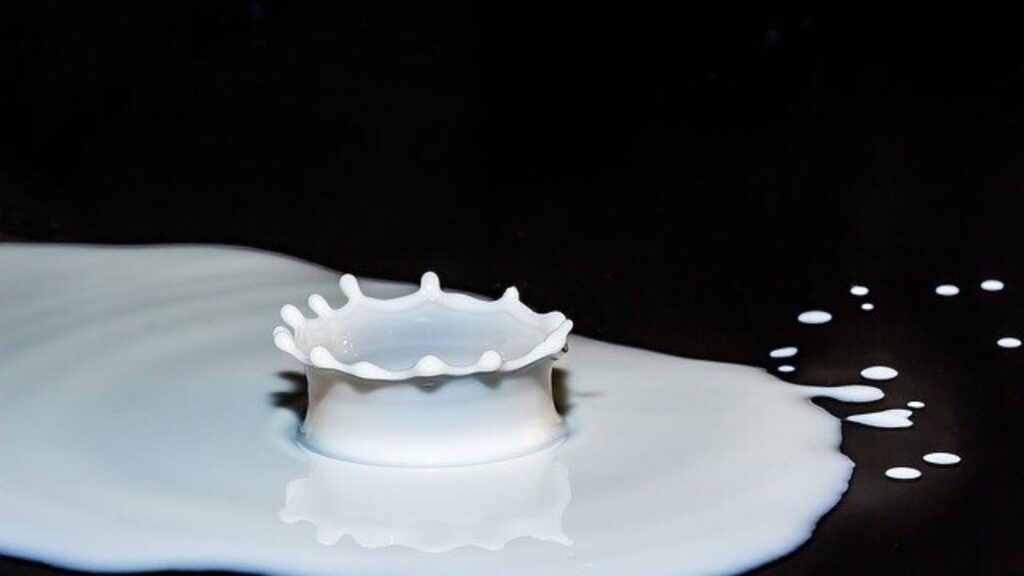How to choose between serum,elixir,oil and moisturizer

We all have heard of serum, elixir, oil and moisturizer many times but do we really know their difference when its basic task is to hydrate the skin?
You can never do too much research on ways to improve the quality of your skin.
Your skin needs protection from environmental factors as pollution, toxins, free radicals and the weather – as well as help to counteract the effects of ageing.
An optimal combination of an oil, elixir, serum and moisturizer will work in conjunction with each other, providing maximum hydration and protection for the skin.
The difference between serum, elixir,oil & moisturizer
In order to find out which is best suitable for your skin type, you need to know their difference first.
The main difference is that serums, elixirs and oils are able to penetrate the skin on a deeper level, whereas a moisturizer locks in hydration and protects the surface of the skin, complementing the overall effects and benefits of the oil or serum.
The layering effect of serum, elixir, oil and moisturizer will ultimately assist with balancing and hydrating the skin.
According to Cosmopolitan, if you don’t layer your products in the right way, or if you use the wrong moisturizer with, say, the wrong serum, you could render them straight-up ineffective—or, worse, irritate your face and slowly lead to your own demise. More or less.
It’s a matter of trialing what works best for you and your skin. It can also be dependent on climate and other extrinsic factors.
Serum

Most facial serums are water-based (especially ones for oily/combination skin).
They contain vitamins, antioxidants, peptides, basically formulas that are unique powerful in nature.
They have a multi-functional effect to restore the skin and improve its surface from inside.
It targets more than one skin concern, for example, fine lines, wrinkles, dullness or spots and other skin-feeding fixings that enter the skin profoundly.
When do I need a serum?
It’s best to use a serum when your skin is in a rut and/or you’re seeking better results. Serums are not universal remedies, but more like targeted supplements for a healthy and radiant skin.
Most common skin concerns when needing a serum are:
- loss of skin tone, volume or elasticity
- sun damage and IR and UV radiation
- blemishes, redness, brown spots and sensitivity
- fine lines, wrinkles especially under the eyes
- dehydrated, discoloration, unsmooth skin
How to use a serum
You should use a serum underneath a moisturizer. While using a cleanser, toner, and moisturizer is still the foundation of a solid skincare routine, serums are a great bonus.
After cleansing, always use an alcohol-free toner. Apply about a dime size over your entire face, neck and décolletage. Gently press on with your fingertips. It’s best to allow it to penetrate for 1-3 minutes prior to applying a moisturizer.
You may also layer your serums under you elixirs. To do so, first determine which serum best addresses your skincare needs.
More is not always better. Be careful, powerful ingredients can irritate sensitive skin. Always patch-test appropriately.
Serums, although they do hydrate, should never be used alone. They do not contain the protective properties that moisturizers do.
Renée Rouleau’s advice is to try keeping your moisturizer in the refrigerator, since moisturizer follows serums in a routine.
When you apply it cold, it pushes blood away from the skin. In the process, this creates a vacuum effect to pull the potent serum ingredients deeper into the skin.

Elixir
Elixirs are magical /medicinal skin-loving potions. They are a combination of various oils that help to prevent the fine lines by regenerating the skin cells.
Usually they are composed of herbal ingrains, plant extracts, and other ingredients that are an asset for the skin, such as ceramides, hyaluronic acid,or butter.
They’re formulated with smaller molecules that are able to penetrate deeper into the skin, making them extremely efficient.
When do I need an elixir?
Elixirs are usually thinner than serums, and thicker than toners.
Most common skin concerns when needing an elixir are:
- dehydrated, sensitive and dry skin
- acne prone skin, dilated pores
- fine lines, wrinkles
- mature skin, aging signs
- the wish for an effective makeup foundation
How to use an elixir
By combining a water or hydrosol-based product with an oil-based product, you are providing the skin the essential building blocks it needs to be healthy.
Elixirs should be applied after your toner and followed with a serum afterwards. In the daytime, they can provide an excellent base for your makeup, and they can offer an extra dose of moisture throughout the night.

Oil
Oils are rich and emollient in texture. The main difference between serums, elixirs and oils is that oil molecules are much larger and serve to penetrate only the outermost layers of the skin.
As a matter of fact, an oil blend can contain hundreds of different sized molecules. This makes them more suitable as moisturizers rather than as serums.
Facial oils usually contain plant extracts and essential oils which provide the skin with lipids, adds hydration and nutrition. Oils work down to the base of the epidermis, which allows them to be rapidly absorbed.
When do I need facial oil?
Usually oils only serve to boost hydration, but that doesn’t mean they’re not important in your skin care routine. Oils help to increase moisture which is a fundamental part in keeping your skin healthy.
Most common skin concerns when needing facial oils are:
- dull, dehydrated and dry skin
- unbalanced and unevenly textured skin
- eczema, dermatitis or rosacea
- lack of vitamins
- irritations, redness, sensitive, reactive skin
How to use facial oils
After you apply your moisturizer, you can use your facial oil. Despite oil’s inability to penetrate the skin very deep, they still work to provide essential ingredients that help to nourish your skin.
According to Olixia, moisturizers give a lot of water and a little bit of oil. Facial oils give a concentrated dose of oil. The bottom layers of your skin are both water and oil based. The top layers of your skin are almost completely oil based.
Meaning serums needs to go deeper to benefit your skin, whereas facial oils are also very active even when absorbing into your skin’s first few layers.
Applying facial oils as the last step of your skincare routine allows serums to work just as effectively as your facial oils.
You need only a very small amount of a facial oil to achieve great benefits for your skin.

Moisturizer
Moisturizers are a combination of oil and water and they’re intended to hydrate the highest layers of the skin leaving it soft and supple. In addition, according to Dr Idriss -” it helps trap in all of the products underneath it to make the ingredients even more effective”.
When do I need moisturizer?
You always need to be using a moisturizer. No matter what.
It is for all skin types and for all skin concerns.
How to use moisturizer
After cleansing and applying a toner, oil and serum and/or elixir, the final layer is the moisturizer. Give yourself a gently massage, pressing the moisturizer into your forehead, cheeks and your chin.
Bring it down onto your neck, and the area of skin below your collarbone, even down to your chest. Leaving your skin healthy in the day time and regenerating it in the night.
No matter which products you choose to add in your daily skin care routine don’t forget that it’s all about choosing that product/s that will work for your skin type and skin goals.
Do you prefer serum, elixir, oil or moisturizer in your skin care? What do you use the most and what kind of questions do you have regarding these products? Let me know in the comment below.

